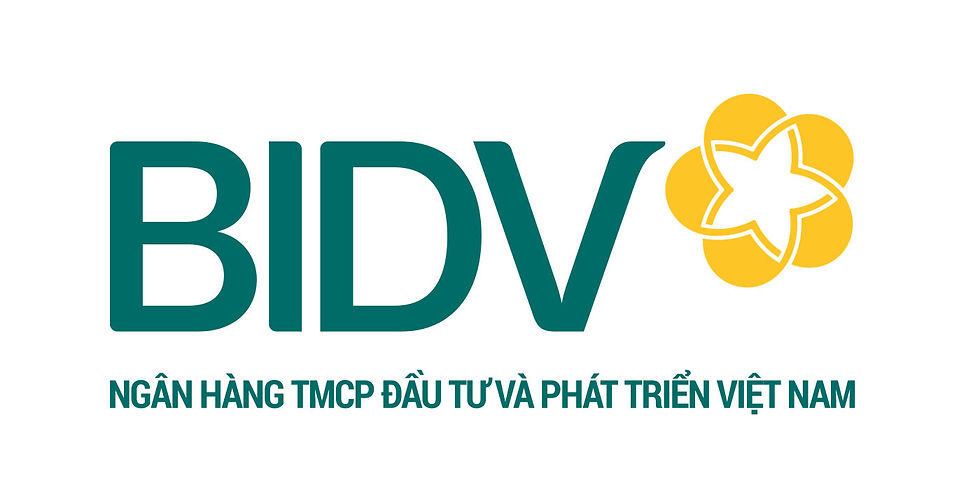What is the need of digital transformation in education? What do you know about this?
top of page
To see this working, head to your live site.
What is the need of digital transformation in education?
What is the need of digital transformation in education?
4 comments
Like
Bình luận (4)
Commenting on this post isn't available anymore. Contact the site owner for more info.


bottom of page
















Digital transformation in education is essential to enhance accessibility, personalize learning, and improve overall academic outcomes through modern technology. With top institutions like Harvard evolving their digital infrastructure, students now expect high standards globally. Interestingly, the Harvard acceptance rate remains highly competitive, reflecting how digital preparedness can also play a role in standing out among applicants.
Digital transformation in education is essential because it makes learning more accessible, interactive, and personalized. With online resources, virtual classrooms, and digital assessments, students can study anytime and anywhere, which is especially helpful for international students adjusting to new environments. When I moved to Newcastle for my studies, finding comfortable student accommodation in Newcastle was a priority, and having digital tools to explore housing options made the process much easier. Embracing digital transformation not only enhances education quality but also supports students in managing their academic and personal lives smoothly
Since I work in the field of education and deal with the issues of digitalization of this sphere, I often read articles on this topic. On https://anyforsoft.com/blog/higher-education-digital-transformation/ I read that the digital transformation of higher education can improve the competitiveness and efficiency of educational institutions by introducing modern technologies, optimizing processes and improving the quality of learning. What key steps need to be taken to achieve this are described in detail in the article I shared.
Digital transformation in education is essential to enhance the learning experience, improve accessibility, and prepare students for the demands of a technologically driven world. It involves integrating digital technologies into various aspects of education, such as curriculum delivery, assessments, and administrative processes. This transformation facilitates personalized learning, collaboration, and the development of crucial digital skills, ensuring that education remains relevant and effective in the digital age.